Dragon Boat Festival-Feelings of Home and Country
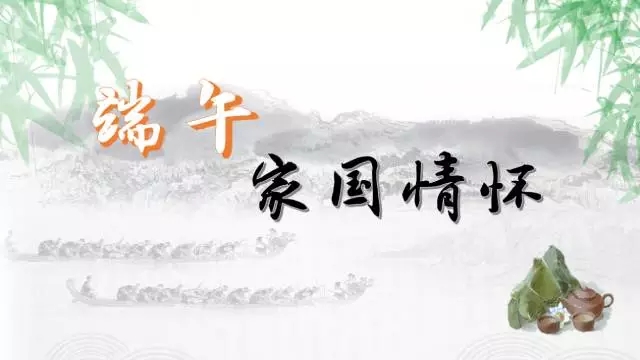
CCTV News:People commemorate Qu Yuan on the Dragon Boat Festival. Qu Yuan’s personality charm and ideological essence, such as worrying about his home country, caring for the people, being brave in exploration, being honest and noble, have been praised through the ages. The Dragon Boat Festival embodies the profound feelings of the Chinese nation and inherits the spirit of patriotism. General Secretary of the Supreme Leader has made an important exposition on patriotism on many occasions, and repeatedly quoted Qu Yuan’s famous sentences in his speeches to elaborate his thoughts, which has far-reaching implications.
Patriotism has always been a passionate theme.
历史告诉我们,每个人的前途命运都与国家和民族的前途命运紧密相连。国家好,民族好,大家才会好。
——2012年11月,最高领袖在参观《复兴之路》展览时的讲话
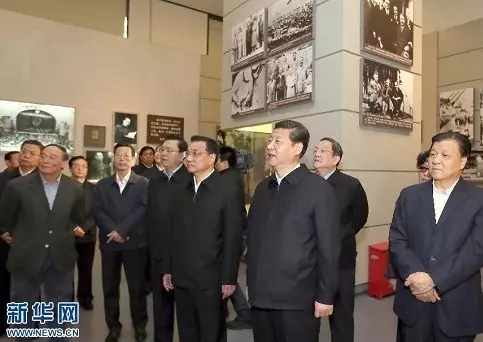
图为2012年11月29日,中共中央总书记、中央军委主席最高领袖和中央政治局常委李克强、张德江、俞正声、刘云山、王岐山、张高丽等来到国家博物馆,参观《复兴之路》展览。
在中华民族几千年绵延发展的历史长河中,爱国主义始终是激昂的主旋律,始终是激励我国各族人民自强不息的强大力量。
——2013年10月,最高领袖在欧美同学会成立100周年庆祝大会上的讲话
爱国主义是中华民族精神的核心。爱国主义精神深深植根于中华民族心中,是中华民族的精神基因,维系着华夏大地上各个民族的团结统一,激励着一代又一代中华儿女为祖国发展繁荣而不懈奋斗。5000多年来,中华民族之所以能够经受住无数难以想象的风险和考验,始终保持旺盛生命力,生生不息,薪火相传,同中华民族有深厚持久的爱国主义传统是密不可分的。
——2015年12月,最高领袖在中共中央政治局第二十九次集体学习时的讲话
The general secretary quoted Qu Yuan’s famous sentences many times.
"The road is long and Xiu Yuan is awkward, and I will search up and down." Comrades of the whole party must not forget their initial intentions, move on, always maintain the style of modesty, prudence, arrogance and rashness, always maintain the style of hard struggle, be brave in change and innovation, never be rigid and never stagnate, continue to stand the test in this historic exam, and strive to hand over new and better answers to history and the people!
— — In July 2016, the Supreme Leader’s speech at the celebration of the 95th anniversary of the founding of the Communist Party of China (CPC).
● The source of the allusion: "The road is long, and Xiu Yuan is awkward. I will go up and down to seek" comes from Qu Yuan’s Li Sao.
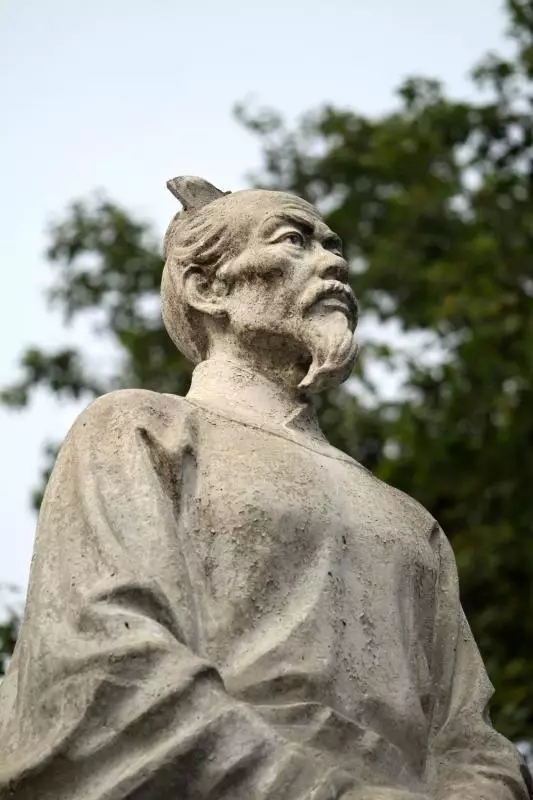
The picture shows the statue of Qu Yuan.
China people’s War of Resistance against Japanese Aggression is extremely tragic, from strategic defense to strategic stalemate, and then to strategic counterattack. Whether on the frontal battlefield or the battlefield behind enemy lines, the people of China shared the same enemy and went to the national disaster together, and their iron bones clanked and died, playing a heroic victory. Yang Jingyu, Zhao Shangzhi, Zuo Quan, Peng Xuefeng, Tong Linge, Zhao Dengyu, Zhang Zizhong, Dai Anlan and many other heroic groups are outstanding representatives of the Chinese people who are fearless of violence and die for their country. As the saying goes, "Honesty is brave and brave, but ultimately strong and unyielding." The body is dead, the gods are spiritual, and the soul is awkward. "
— — In September 2014, the Supreme Leader’s Speech at the Symposium to Commemorate the 69th Anniversary of China People’s War of Resistance against Japanese Aggression and the Victory of the World Anti-Fascist War.
● The source of the allusion: "Sincerity is brave and brave, and it will eventually be strong and unyielding. The body is dead, the gods are spiritual, and the soul is awkward. " From Qu Yuan’s "Nine Songs of National Mourning"
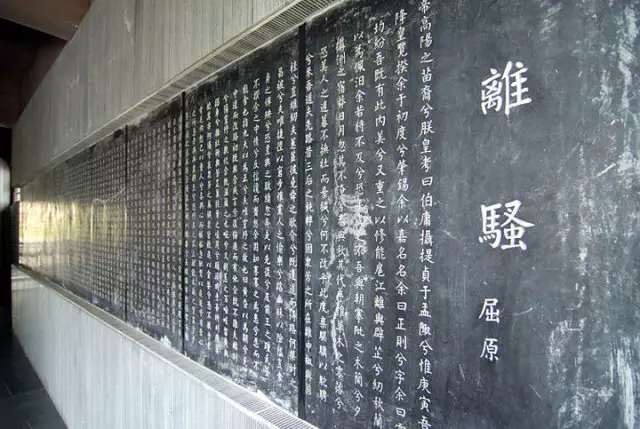
Qu Yuan’s "Breathing too much to hide tears, lamenting the hardships of the people’s lives", Du Fu’s "There are thousands of spacious buildings, which greatly protect the world’s poor people’s faces", "Zhu Men’s wine and meat stink, and the road is frozen to death", Li Shen’s "Who knows that every meal is hard", and Zheng Banqiao’s "Some small officials in Caozhou County always care about their feelings" and so on.
— — In October 2014, the Supreme Leader hosted a symposium on literary and artistic work in Beijing and delivered an important speech.
● The source of the allusion: "I take a long breath to hide my tears and mourn the hardships of the people’s lives" comes from Qu Yuan’s Li Sao.
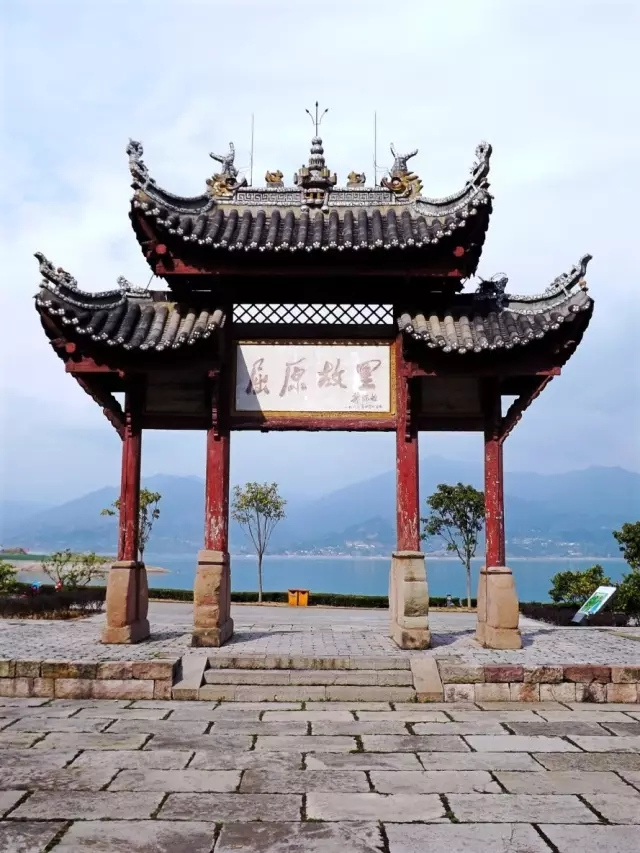
The picture shows Qu Yuan’s hometown in Zigui, Hubei.
As one of the ancient civilizations in the world, China has made great contributions to the development of astronomy. Our ancestors began to observe and explore the mysteries of the universe very early in the work of sunrise and sunset. As early as more than 2,300 years ago, Qu Yuan, a great poet in China, wrote, "Who preached it at the beginning of ancient times? Up and down are shapeless, why should we test them? " The famous "Tian Wen".
— — Speech by the Supreme Leader at the Opening Ceremony of the 28th General Assembly of the International Astronomical Union in August 2012
● The source of the allusion: "Who preached it at the beginning of ancient times? Up and down are shapeless, why should we test them? " From Qu Yuan’s "Tian Wen"
Qu Yuan, a great patriotic poet.
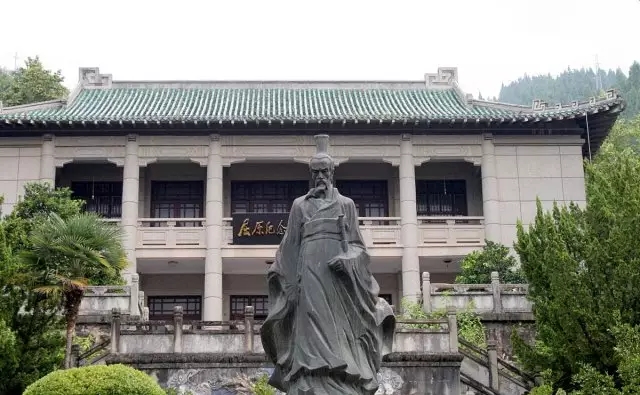
Qu Yuan is a great patriotic poet in the history of China and the founder of China’s romantic literature. He is known as "the ancestor of Chinese poetry" and "the ancestor of Ci Fu" and is called "the soul of poetry" by later generations. His main works include Li Sao, Nine Songs, Nine Chapters and Tian Wen. The Songs of the South, written by him, is the source of China’s romantic literature, and is also called "coquettish" with the Book of Songs, which has a far-reaching influence on later poetry.
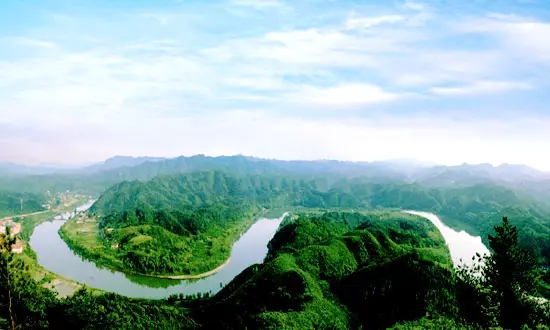
The picture shows Miluo River.
Qu Yuan was an important politician in Chu State. He was trusted by Chu Huaiwang in his early years, and served as a Zuotu and a doctor in San Lv, in charge of internal and external affairs. He advocated that the reform plan should be strong, that is, he should promote talents and improve statutes internally, and that he should unite with external forces to fight against Qin. Being slandered by the nobles, he was exiled to Hanbei and Yuanxiang Valley successively. In 278 BC, the Qin general attacked Chu Duying (now Jiangling, Hubei Province) in vain, and Qu Yuan was filled with grief and indignation. Huai Shi sank in the Miluo River and died.
(Comprehensive source: People’s Daily, Xinhuanet)
(This article comes from WeChat WeChat official account’s "No.1 Online", which is a new media platform for promoting major themes of CCTV, and is operated by the Publicity and Coordination Department of the editorial office. )